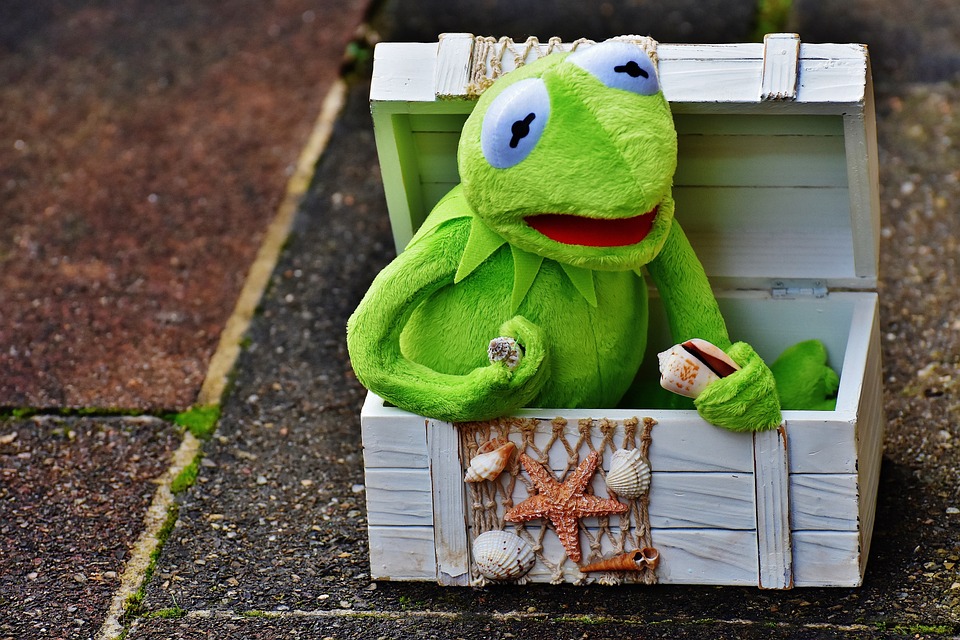Fish tank fish constipation is a common issue that many aquarium owners may encounter. Understanding the causes, symptoms, and treatment options for fish constipation is crucial for maintaining the well-being of your aquatic pets. In this article, we will explore these factors and provide useful insights to help you keep your fish healthy and happy.
There are several factors that can contribute to fish tank fish constipation. Overfeeding is a common cause, as it can overwhelm the fish’s digestive system. Poor diet, lacking essential nutrients and fiber, can also lead to constipation. Additionally, fluctuations in water temperature and stressful environments can contribute to digestive issues in fish.
Recognizing the symptoms of fish constipation is essential for early intervention. Loss of appetite, a bulging stomach, reduced activity, floating or sinking issues, and stringy feces are all signs that your fish may be constipated. If you notice any of these symptoms, it is important to take action promptly.
Treating fish tank fish constipation involves several steps. First, adjust your feeding habits by providing the appropriate amount of food and ensuring a balanced diet. Including fiber-rich foods like vegetables can aid in digestion. Introducing peas into the diet can also help alleviate constipation. Gradually increasing the water temperature can stimulate digestion and relieve constipation as well. Monitoring water quality, including pH levels and ammonia levels, is crucial for maintaining a healthy environment for your fish. In severe cases, it is advisable to consult a veterinarian or a fish care expert for professional guidance and treatment.
To prevent fish tank fish constipation, establishing good feeding habits is key. Feed your fish the appropriate amount of food and ensure their diet is well-balanced. Including fiber-rich foods, such as vegetables, can aid in digestion. Maintaining a stable water temperature and minimizing stressors in the tank environment can also contribute to preventing constipation.
Epsom salt can be used to treat fish constipation, acting as a laxative to relieve the condition. However, it is important to use it in the correct dosage and follow proper instructions. Consulting with a veterinarian or a fish care expert is recommended for guidance on using Epsom salt effectively.
The time it takes for fish constipation to resolve varies depending on the severity of the condition and the treatment provided. Mild cases can resolve within a few days to a week, while severe cases may require more extensive treatment and take longer to resolve. Regular monitoring and adjustments to the fish’s diet and environment are crucial for a timely recovery.
There are natural remedies that can aid in relieving fish constipation. Including fiber-rich foods like peas in their diet can have a positive impact on digestion. Maintaining a clean and well-maintained tank, providing suitable hiding spots, and minimizing stressors can also contribute to natural relief from constipation.
In some cases, fasting can help alleviate fish constipation. However, it is important to consult with a veterinarian or a fish care expert before implementing a fasting regimen. Fasting should be done selectively and for a limited period. Monitoring the fish’s behavior and adjusting the feeding routine accordingly is crucial to ensure their overall well-being.
In conclusion, understanding fish tank fish constipation is essential for every fish owner. By recognizing the causes, symptoms, and treatment options, you can ensure the health and happiness of your aquatic pets. Remember to maintain a balanced diet, monitor water quality, and consult with professionals when needed. By providing the best care possible, you can enjoy a thriving and vibrant fish tank that brings joy to your home.









